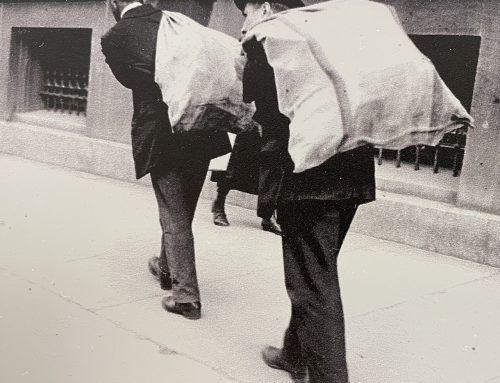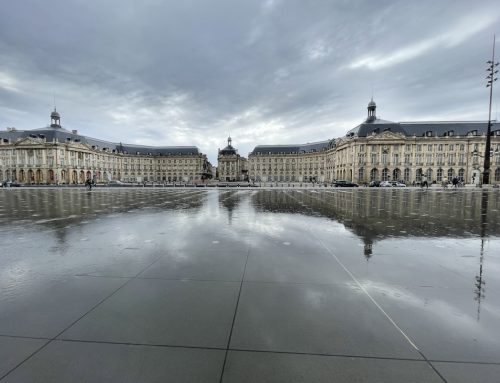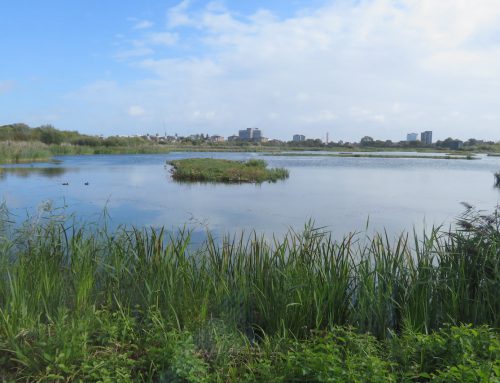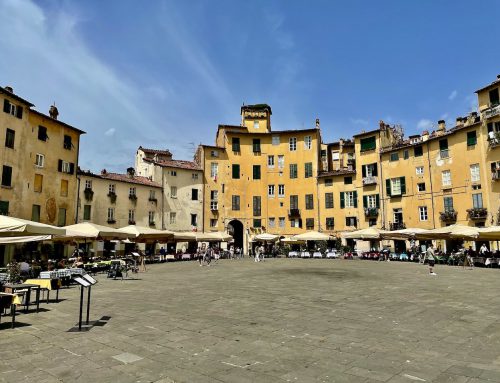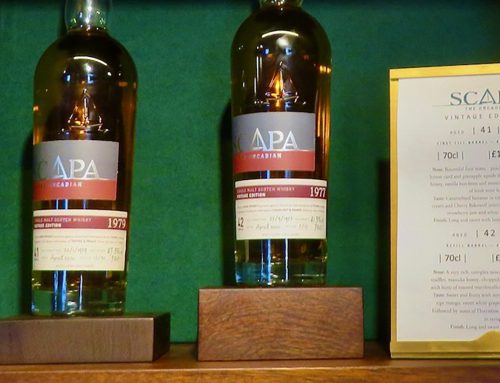Henry
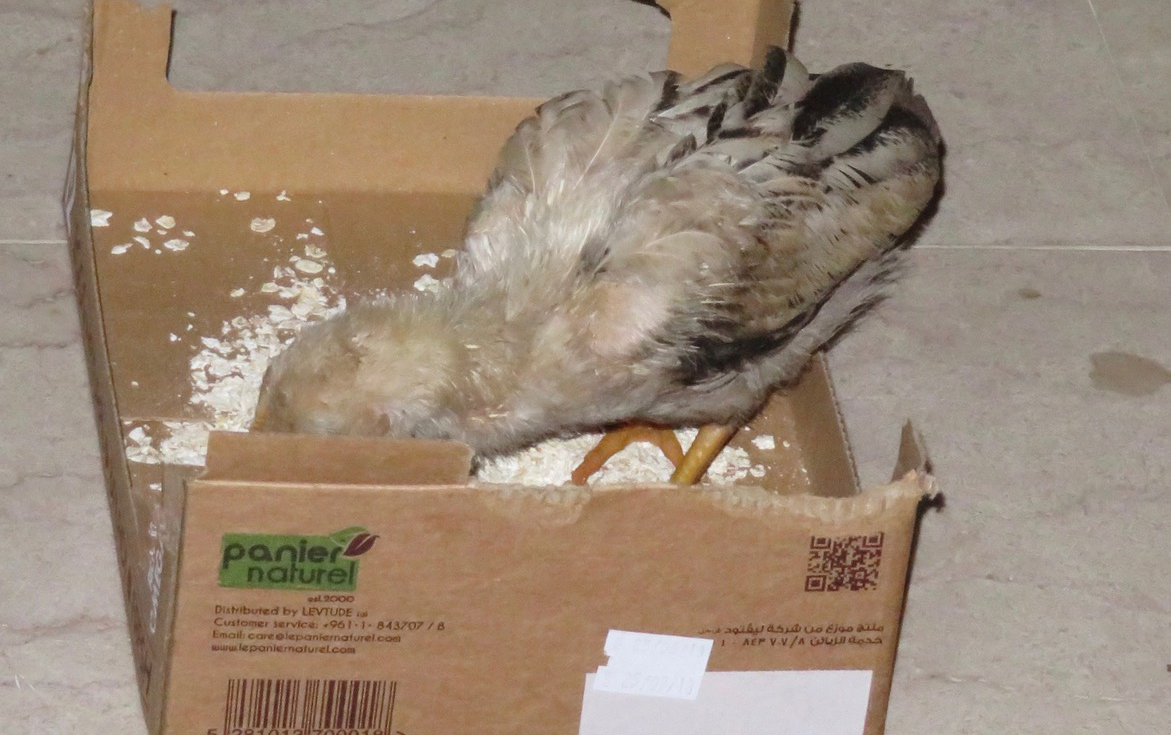
Henry tucks in to Mosul's oats

Henry tucks in to Mosul's oats
Tripoli, Lebanon
I blame Henry, or maybe Henrietta, as without him…or her...I simply would never have known. The agency has sent me to some truly strange places, and to do some truly strange things. You would have thought I would know what to do in any circumstance, or would at least know whom to ask. And then along came Henry, I have made him a boy, although he could easily have been a she, and female.
Sexing animals, you see, has not formed part of agency training. If someone drops a bomb, my actions are reflex. If a baddie carries me off to some remote cellar and leaves me there for a year, I have a good idea of how to behave. And if a bright spark produces a weapon and points it in my direction with added intent, there is a strong chance the assailant will lose. But Henry was different. He was waiting for us outside our front door. Out we stepped, me fresh from one awful place, another hot from war-torn Mosul and a third, who appeared slightly later, just out of Gaza, where warfare is largely routine.
Henry, you see, was a bird, young, feathered and tweeting. Henry simply did not run away. It was becoming dark, the traffic nearby was mayhem and someone in the near distance had just finished shooting, although as best I could tell not in my direction. Northern Lebanon at sunset is incomplete without the sound of gunfire, be it celebratory or otherwise. Shots start by being occasional, then somehow switch to automatic. There then comes brief silence, before the sirens of police or Army. It is the way things are done in the Levant.
But Henry was a different matter. His high-pitched tweets were unavoidable as he sought protection and food. He was big, not huge, and kept flapping his wings to work out how to fly. His yellow, three-clawed toes, not webbed as you might find in a wader, would briefly lift from the dusty ground, before he crashed down again, with a protesting tweet.
“His nest must be somewhere near us,” said Mosul, as we both craned our necks towards nearby trees and balconies to look for Henry’s mother in distress. Not a whisper. There was nothing remotely Henry-like that either of us could see.
“Let’s take him in,” I said. “He’ll die for sure out here.” I looked around, this time at ground level, to see a feral cat lurking in the shadows, lip licking, looking in our direction, or actually more in Henry’s. There was no way Henry would make it past the start line if the feline chose him for the evening’s main course. The bird would be gobbled in an instant and Henry would fade into immediate history. No, our role was clear. Henry would have to be rescued.
No one has taught me how to catch a bird that has taken fright when all it can do is run. I reached out fast to grab Henry, whose reflexes were clearly above par; in a flash he had disappeared behind a pillar and wedged himself between two clay flower pots, neither of which contained flowers. His protesting tweets doubled in both number and volume and he easily drowned out the nearby traffic. Henry had not worked out that to hide you also had to stay silent, so in a moment I had him exposed.
But Henry was quick and there was no way I could catch him. I went right, Henry went left. I went up, he went down – to, fro, east, west, north, south, and everywhere. I was showing clear signs of exhaustion and Henry was barely in his stride. Catching Henry’s gyrating torso was all but impossible for my human hands. There was only one thing remaining.
“Wait a moment,” I declared. “I have an idea.”
Rapidly, I removed my shirt, bare torso exposed to the Tripoli gloaming, and within moments had thrown the shirt’s blue and white check right over Henry. He squawked briefly but within moments was silent and his twitches had ceased.
“Be quick!” Mosul instructed. “This is a Muslim area and you should not allow your bare chest to be seen.”
I glanced to my left. A line of at least six passers-by had stopped their passing and were gawping in my direction. From a balcony overhead, I saw a young child pointing, and then he shouted, loudly so that all could hear, “Mama! Come and see!”
I made my rapid escape, smiling apologetically to a gathering crowd, and clutching Henry’s now stationary body - check-blue shirts appear to mollify birds - to my apartment on the tenth floor of the nearby building. Once indoors, exposed to the full vigour and comfort of air conditioning, Henry leapt from his shirt surround, landed expertly on his feet, claws, talons - call them what you will - and strutted around my apartment as if about to become the new owner. For a brief moment I felt his problems were solved and I sensed Henry did as well.
Yet our combined optimism was misplaced as with Henry’s indoor arrival, so the discussions began. Three grown adults, me, Mosul and now Gaza, who had greeted us as we arrived, each with more experience in global warfare and violence than many, each trained and honed to handle survival at its most demanding, yet none of us had a clue what to do with Henry.
“I’ll ask my wife,” said Gaza, tapping expertly on his mobile’s screen. “She’s brilliant at these things.”
“I’ll ask a few friends,” I added, tapping not-so-expertly on mine.
“I’ll sort out Henry,” said Mosul.
Within moments a birdie-style nest was being constructed from an empty cereal packet retrieved from a kitchen bin, the packet then lined by a scraggly, off-white, bath mat. Water was poured into a clear plastic container, porridge oats piled into a tiny cardboard box, and both left on a veranda floor beside the impromptu nest. The combination looked so tempting, so immensely comfortable and welcoming, thanks to Mosul’s skill, that I nearly climbed into the cereal packet myself. But I was beaten to it. For Henry, the temptation was too hard to resist, so seconds later he was in the box, surrounded by scraggly bathmat, while pecking noisily and contentedly at the porridge, with an occasional slurp of water. For the first time I realised that birds can be noisy eaters. It is not just humans, munching, slobbering and gnawing as they eat from a trough. So, for future reference, and should you ever encounter a bird somewhere different, Henrys like porridge, cereal cartons, bath mats and water. They are winners every time.
For several minutes, three conflict veterans watched Henry in silence, as he pecked his way through a bird mountain of oats. He was making short work of them, the mountain rapidly becoming a hill, then a mound, next a tiny pimple, until all that remained was a scattering of oat particles across the bottom of a small box on a veranda, somewhere in the north of Lebanon.
Yet our peace did not last long, several minutes at best. “Ping!” A message had arrived on Gaza’s mobile.
“Ping! Ping!” Two messages had arrived on mine.
“Dear me,” said Gaza, as he read the text. Actually, he said something different.
“Hell,” I replied, as I began to read mine. Hands up, I was more than indecent.
“Why?” asked Mosul, now clearly confused.
“We are doing more harm than good,” replied Gaza. “My wife has accessed Google and says we should have left Henry alone.”
“He’d be gobbled in a moment,” I said, thinking of the feral cats, the homicidal traffic, the gun fire and general mayhem that greet any living creature on the streets of a darkening Lebanon.
“Apparently not,” replied Gaza. “He has most likely been thrown from his nest due to lack of space. But his mother and father are nearby.”
“Oh,” I said, utterly unconvinced, while Mosul now stood there speechless.
But within moments Henry had gone, clutched firmly in Gaza’s hand, to fend for himself once more on the roadsides of Lebanon. And which was why, eight hours later, when I crept quietly from our apartment to the streets below to check how Henry had fared, I found a single feather clutching a single branch and a nearby feral cat looking contented. Henry, I thought, had made so many creatures happy in his short and traumatic life, even if three humans had made it shorter.
There is, of course, an unexpected ending, as you might realise with tales of this sort. Henry was not gobbled by a feline but ended up being captured by a gardener. When last seen in the open, he was incarcerated in a laundry basket, and being shown to all by the gardener with pride.
“What’s your plan?” I asked the local, once I had established Henry’s location, by then in a darkened corner of a cellar, next to my apartment. Despite the shadows, I could see the young bird hopping and tweeting in distress. His tiny wings were simply too weak to break down the plastic-sided basket. But goodness me, did Henry try.
“My family will eat him,” came the more than natural reply.
“Oh,” was all I could say as I took a brief glance at Henry, who recognised me instantly and lifted his birdie head to gaze me in the eye. I understood his meaning; he was pleading for assistance.
And you know what? He knew I would react. Tonight is our secret mission, three veterans of global conflict tiptoeing through a Lebanese basement, to seek out a janitorial laundry basket, and return Henry to his rightful place on the streets of Lebanon. By now he will have realised that the roadsides of Tripoli are a dangerous place for an unaccompanied minor.
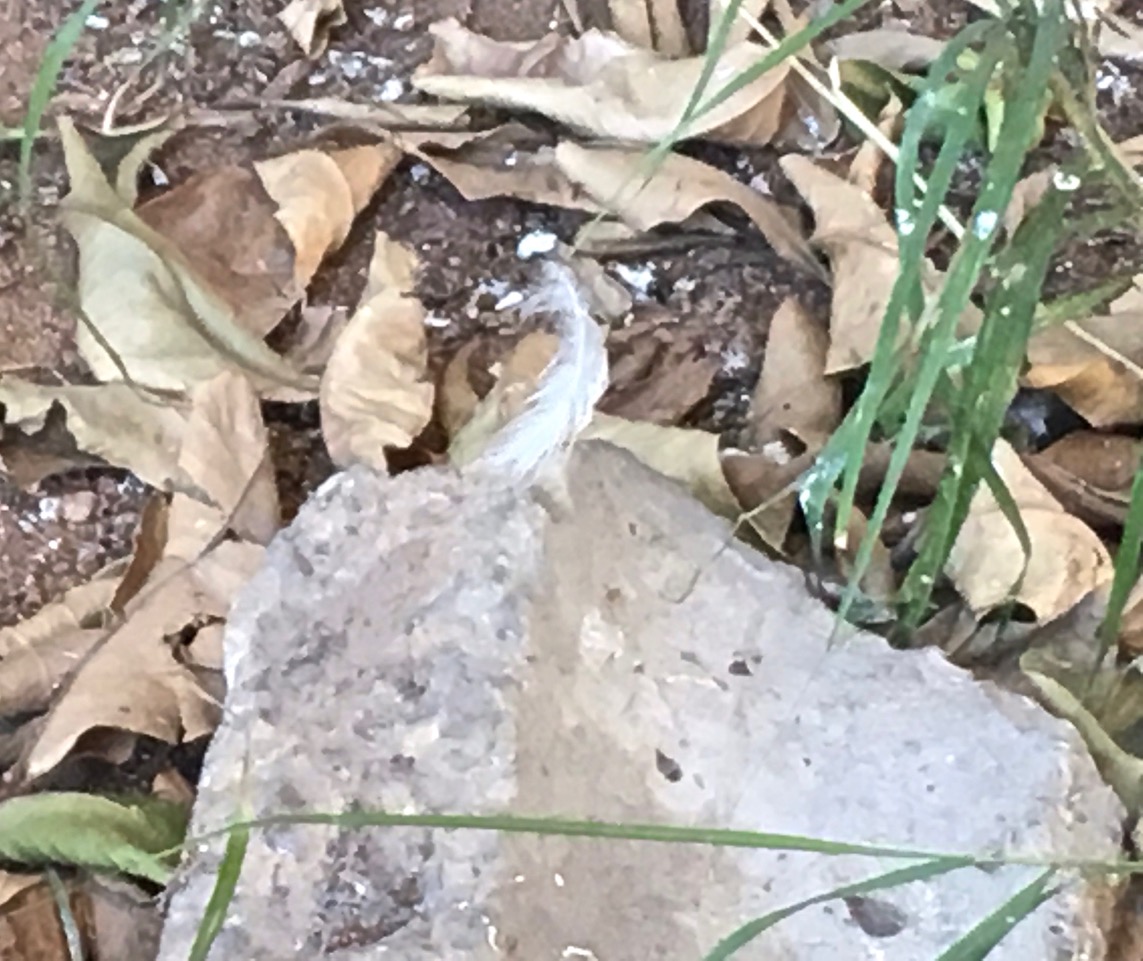
Evidence of mishap - a solitary feather from Henry
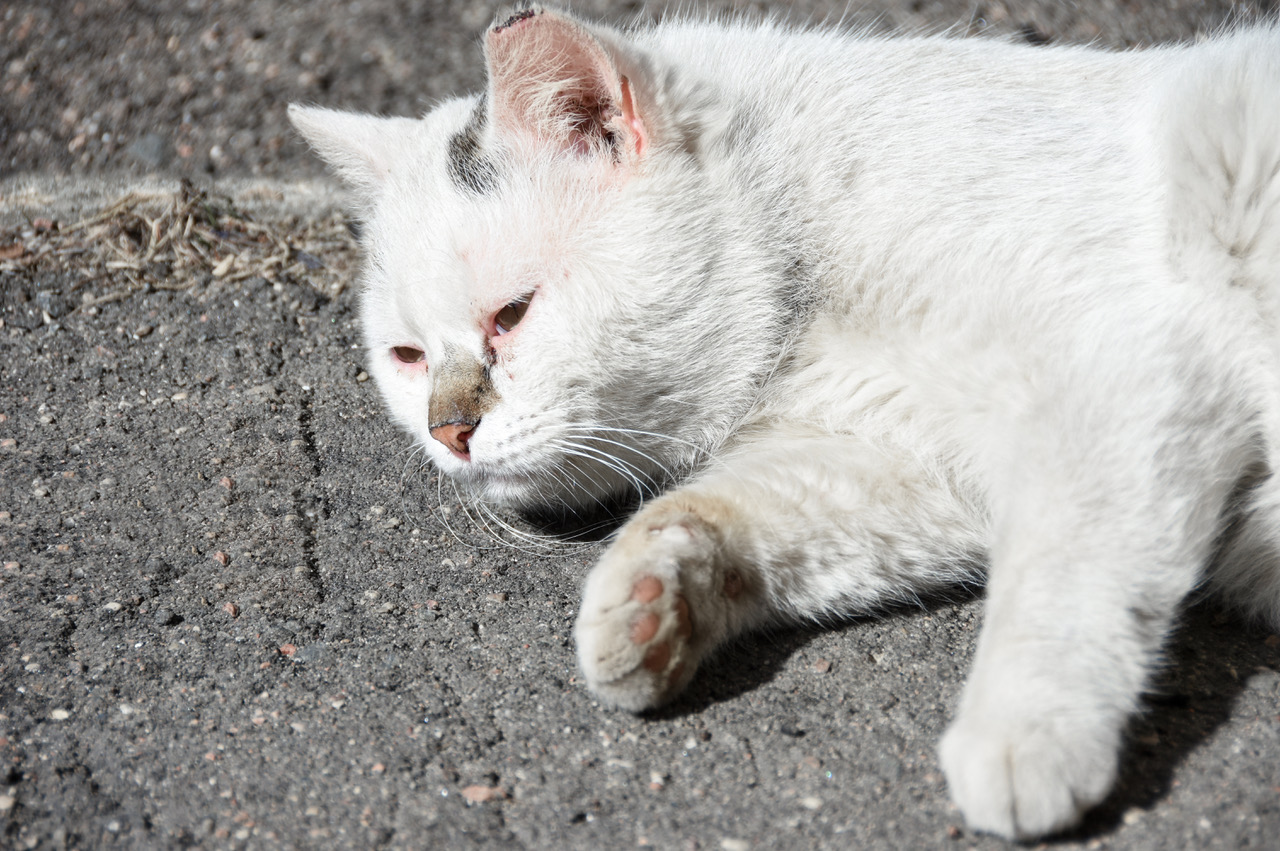
Poor Henry, or so I thought - a feline looking bloated

